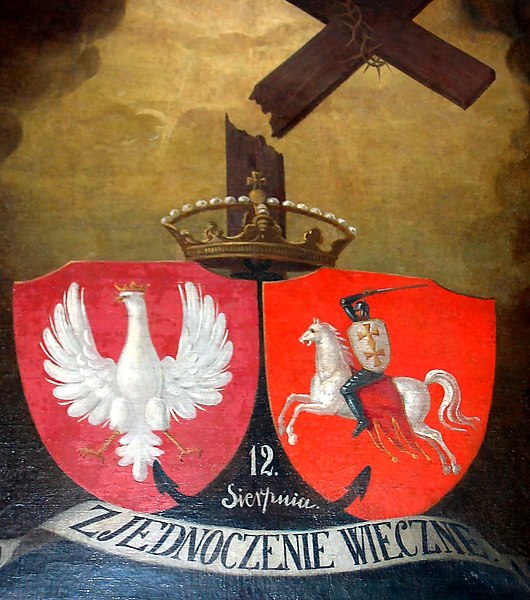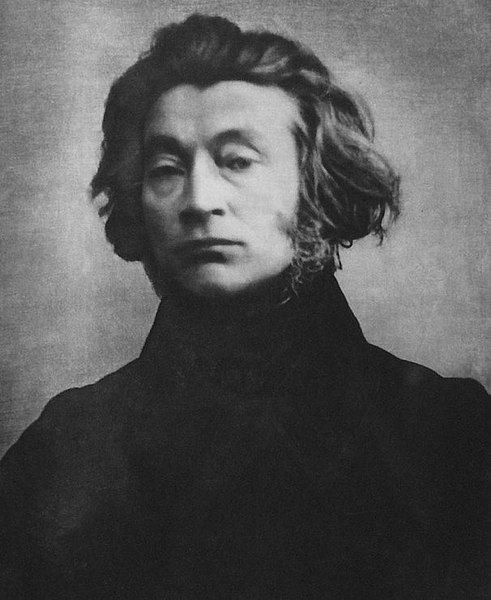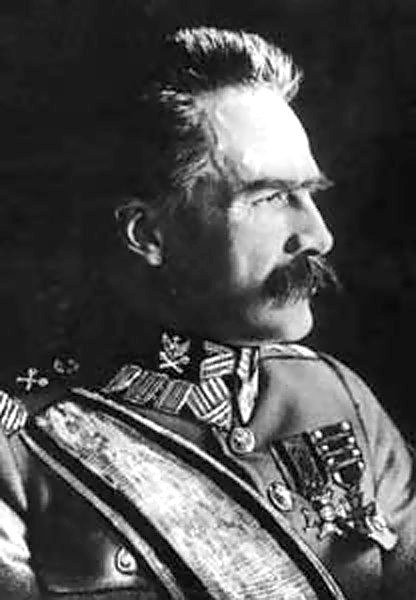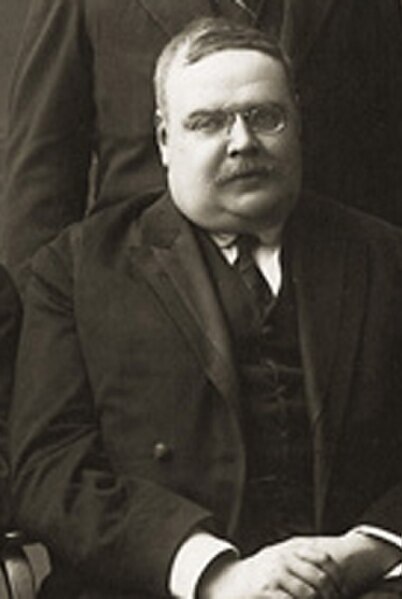Countess Emilia Broel-Plater was a Polish–Lithuanian noblewoman and revolutionary from the lands of the partitioned Polish–Lithuanian Commonwealth. Raised in a patriotic tradition in Līksna near Daugavpils, she fought in the November Uprising of 1830–1831 against the Russian Empire. She raised a small unit, participated in several engagements in present-day Lithuania, and received the rank of captain in the Polish insurgent forces. When the main forces under the General Dezydery Chłapowski decided to cease fighting and cross into Prussia, Plater vowed to continue the fight and wanted to cross into Poland where the uprising was still ongoing. However, she fell ill and died.
Plater's statement of 25 March 1831 on joining the November Uprising
Emilia Plater in a skirmish at Šiauliai by Wojciech Kossak
Emilia Plater leading peasant scythemen; painted by Jan Rosen
Emilia Plater monument in Kapčiamiestis, Lithuania, where she is buried
Polish-Lithuanian identity
The Polish-Lithuanian identity describes individuals and groups with histories in the Polish–Lithuanian Commonwealth or with close connections to its culture. This federation, formally established by the 1569 Union of Lublin between the Kingdom of Poland and Grand Duchy of Lithuania, created a multi-ethnic and multi-confessional state founded on the binding powers of national identity and shared culture rather than ethnicity or religious affiliation. The term Polish-Lithuanian has been used to describe various groups residing in the Commonwealth, including those that did not share the Polish or Lithuanian ethnicity nor their predominant Roman Catholic faith.
Painting commemorating Polish–Lithuanian union; ca. 1861. The motto reads "eternal union", in Polish only.
Pan Tadeusz, an enduringly popular 19th-century Polish-language poem by Adam Mickiewicz, opens with the line "Lithuania, my fatherland! You are like health."
Józef Piłsudski, the most important Polish political leader of the interwar period, often pointed to his Lithuanian ancestry, and hoped to recreate the old Commonwealth
Mykolas Römeris, was a member of Piłsudski legions, but later chose to be a citizen of Lithuania








